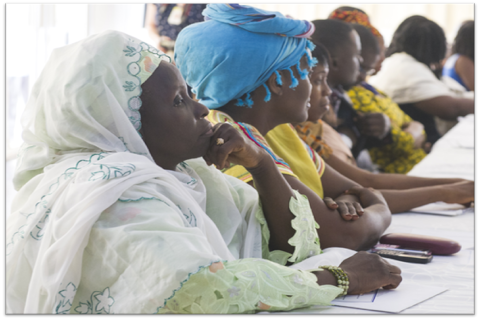
The primary objective of the training toolkit is to support UN Member States in developing their governance capacities and institutional arrangements for policy coherence. The toolkit focuses on public institutions’ capacity to spearhead integrated planning, policymaking, decision making, implementation, M&E and aligning budgets at the national government level. The toolkit is aimed at supporting build capacities for a whole of government and whole of society approach by examining the core role of a strategy to implement the SDGs, the roles and responsibilities of different government institutions and non-government actors involved and how they are coordinated. The toolkit also touches upon which human, financial, and technological resources are needed to strengthen those institutions.
Author(s): DPIDG
Learning objective(s):
- Understand why institutional arrangements for policy coherence are key for implementing Agenda 2030.
- Gain the tools and approaches available to act upon it to identify, quantify, and consider the trade-offs and synergies between SDGs into policy making, decision making, implementation and review.
- Conduct an institutional needs' assessment to identify the key gaps that would require strengthening to enhance institutional coherence at the national level.
- Gain insights of the different building blocks and indicators for policy coherence as entry points for the improvement of whole of government/integrated approaches.
- Develop a strategy and roadmap for institutional change to support policy coherence and implement actions in support of institutional coherence.
SDG(s): SDG16
Type: Toolkit
Effort: The Toolkit is comprised of the following modules and sessions that can be used to conduct a regional or national training.
Level: Beginner/Intermediate
Language(s): English
Certificate: N/A
Price: Free
You can access the toolkit by clicking the link below: